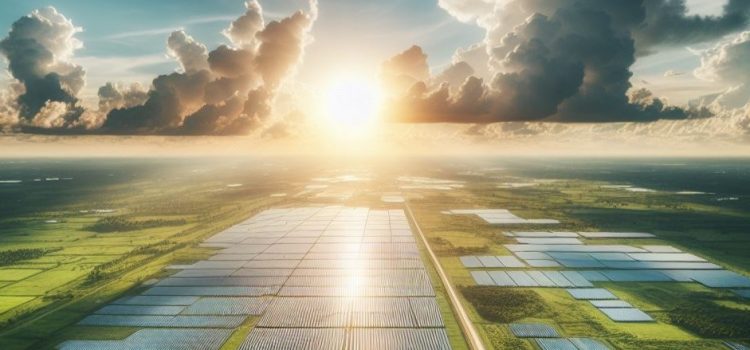
This is a free excerpt from one of Shortform’s Articles. We give you all the important information you need to know about current events and more.
Don't miss out on the whole story. Sign up for a free trial here .
What are the pros and cons of solar farms? How can developers address local apprehensions and advance larger energy objectives?
Many rural US communities resist the development of solar farms, fearing their environmental impact, destabilization of local economies, and perceived inequitable returns. Solar supporters argue that the minimal risks from solar farms are outweighed by significant benefits.
Here’s a look at both sides of the solar farm argument.
Are Solar Farms Worth It?
Solar farms are key to the US’s clean energy ambitions, but their development faces stiff opposition in rural communities, threatening their expansion. Here are the pros and cons of solar farms in the United States.
Background
Solar farms, considered among the cheapest, fastest sources of renewable energy, are instrumental in achieving President Biden’s goal of 100% clean electricity by 2035. Industry experts say that to realize this objective, solar-powered electricity must multiply sixfold—from 5% today to 30% by 2030. While rooftop panels can address some of this demand, larger solar projects are necessary to meet the ambitious target.
Rural regions, especially farmlands, are considered prime locations for solar farms due to their flat terrains and proximity to transmission lines. By 2040, solar development is expected to consume nearly 2.5 million acres in the US—83% of it farmland. This surge could fuel a bidding war for prime farmland between deep-pocketed utility firms and farmers.
Solar Skepticism
Many communities are skeptical of developers’ promises and oppose the farms, concerned that solar projects will:
- Fail to deliver substantial, equitable returns.
- Destabilize local economies that depend on agriculture. Losing thousands of acres of farmland to solar development, which employs fewer people and can render viable land fallow for decades, could significantly threaten rural livelihoods.
- Harm local environment and wildlife.
- Negatively alter the visual landscape, property values, and rural way of life by replacing open fields or forests with rows of dark, unsightly solar panels, fences, and access roads.
Solar Support
Supporters of rural solar farms contend that proper siting and construction practices can minimize risks related to vegetation clearing and environmental and wildlife habitat disruption. They further argue that the benefits of solar to rural communities are numerous, including that the farms:
- Generate emission-free renewable power to mitigate climate change.
- Increase tax revenue for local and state governments
- Provide good jobs.
- Offer landowners financial security through lease payments.
Looking Ahead
Experts say that solar developers must foster strong relationships with local communities to improve their receptiveness to solar farms in rural areas. This requires adopting a more comprehensive approach, including:
- Proactively engaging the community.
- Enhancing land use planning.
- Showcasing benefits.
- Reframing solar farming.

Want to fast-track your learning? With Shortform, you’ll gain insights you won't find anywhere else .
Here's what you’ll get when you sign up for Shortform :
- Complicated ideas explained in simple and concise ways
- Smart analysis that connects what you’re reading to other key concepts
- Writing with zero fluff because we know how important your time is






